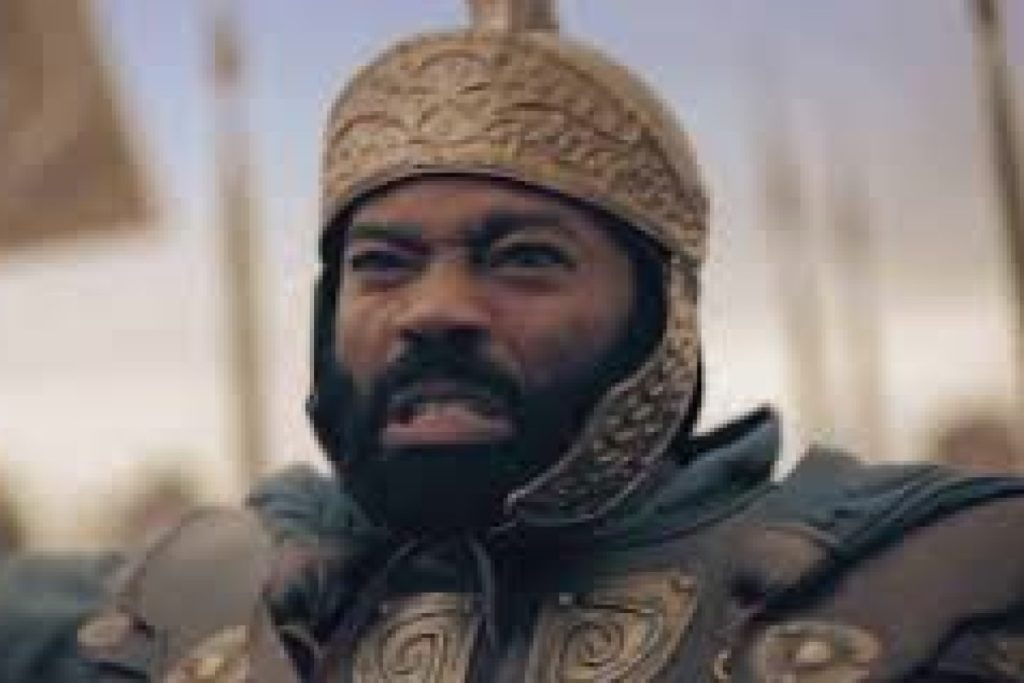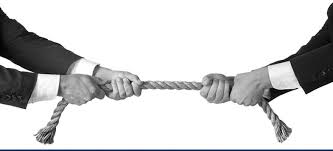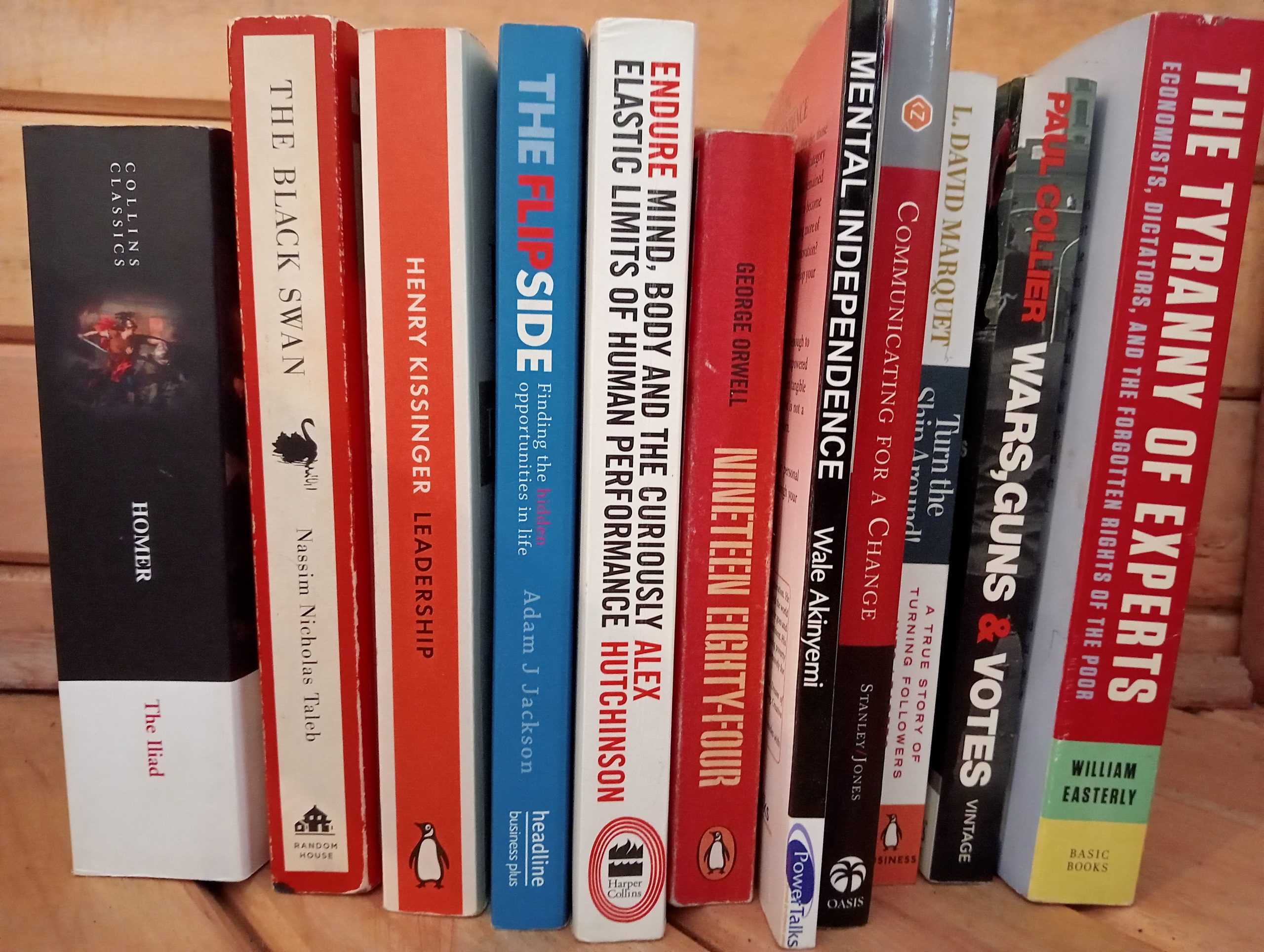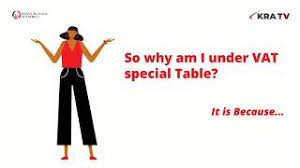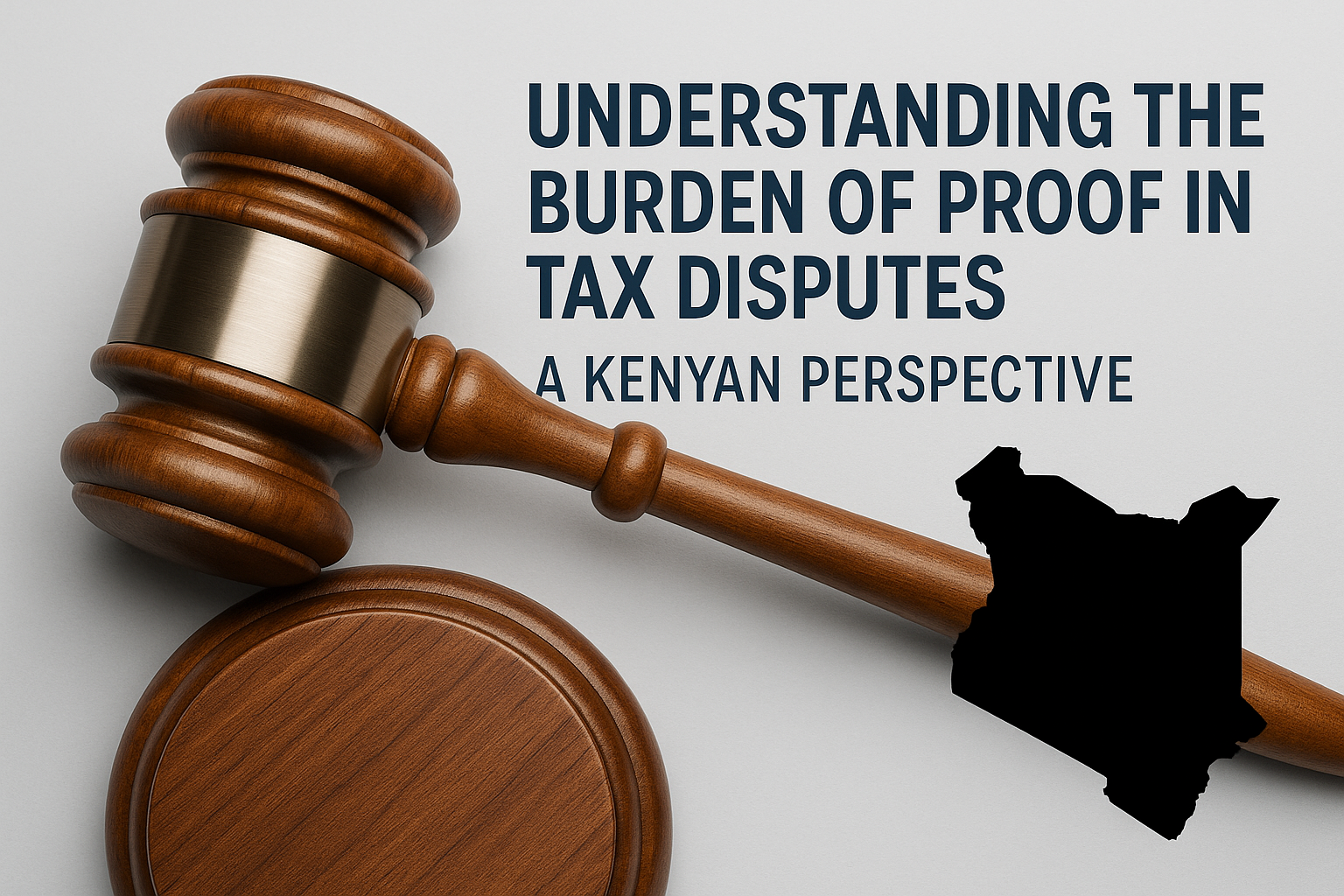On 2nd August 216 BC, Hannibal the Carthagian General faced a decisive moment, to fight a vastly stronger, splendidly governed, tightly organised superior foe or surrender. Outnumbered and out-gunned, Hannibal trusting his strategy genius and the strength of his men chose to fight, turning his underdog status into a lethal fighting machine; slaughtering eight Roman legions with only three hundred seventy escaping; a total annihilation. Hannibal’s triumph at AuFidus is the greatest battlefield victory of all times.
The Romans, weary of Hannibal’s growing Mediterranean influence had assembled the crème of their army with eight legions and a cavalry with total headcount exceeding ninety thousand. The Romans had a singular resolve “to finally put an end to Hannibal’s reign on the battlefield.” Hannibal, camping at Canne a small village in the South of Italy upon learning of the campaign ranted about the poisonous hydra of Roman rule and vowed to pursue them by steel and fire on the pain of death.
After nine hours of carnage, the fields at Canne were filled with naked cadavers – scattered in pieces, lacerated, disjointed, dismembered, eyes gouged out, stomachs disembowelled, bodies cut in half, putrid smell of death filling the air; vultures spoiling for a feast. In all this melee, Hannibal lost six thousand men; it is a battlefield feat that history is yet to repeat. What led to the tragic routing of the stronger army and the triumphant victory of the Africans? we look at four lessons that business owners, leaders and managers can learn from Hannibal.
First, “Know Thyself.” Hannibal was a tactician and commander of supreme capacity, he knew his men and their strength; he arranged his men in a manner that his weakest swordsmen (the infantry) would be positioned in the middle and flanked on either side by cavalry. Hannibal also knew that his cavalry strength was almost equal to that of the Romans and he would demand more from them; to win the flanks while protecting the infantry – a real difficult job. Tasks in any organisation should not be allocated equally but rather according to the strength of the employees.
Second, Trust your people – delegate. Hannibal’s strongest team – the cavalry was under the leadership of Hasdrubal on the right and Hanno on the left; these were soldiers that Hannibal had the intuition to trust in executing the flank strategy. Often times, leaders scare off from delegating for a variety of reasons ranging for fear of a flop to self-preservation. When people are trusted with responsibility, they will always return the favour by exceeding your expectation of them; the cavalry just did that for Hannibal.
Third, Motivate your team. Motivation need not be expensive; a huge body of emerging insights on behavioural science indicates that intrinsic factors are far more motivating against extrinsic ones (rewards e.g. bonuses, salary raise etc.). For the case of Hannibal, two cases stand out. When the Carthagian army sees the multitude of the Romans, panic strikes them and an infantry man cannot hide his worry, to which Hannibal replies “in all that vast number there is not one man called Gisgo” what Hannibal is doing here is encouraging Gisgo, that he is a unique fighter quite unlike any in the Roman camp. The second act is Hannibal’s choice to stay with the infantry, he delegates everything but assigns himself to fight among the weakest. These two acts are a morale booster to the army and they don’t cost money.
Finally, Know your operating environment. Hannibal scouted for a field to do battle that would be strategically advantageous to his army; he wanted a spot that would not allow the Romans to spread out but rather one that he could squeeze them in so that the enemy advantage became their disadvantage. Having found a perfect spot, he marched his men fording the Aufidus at night to secure the advantage. You must remain aware of your operating environment in relation to competition, taxation, new technology etc.
If we didn’t have to compete for food, survival, land, market share, trophies, brand recognition, money or any other prize for that matter we would actually never need leaders; but were are human we lead all the times. How are you leading your team? Will you cause them to be annihilated or will you lead them to a victory cry?
